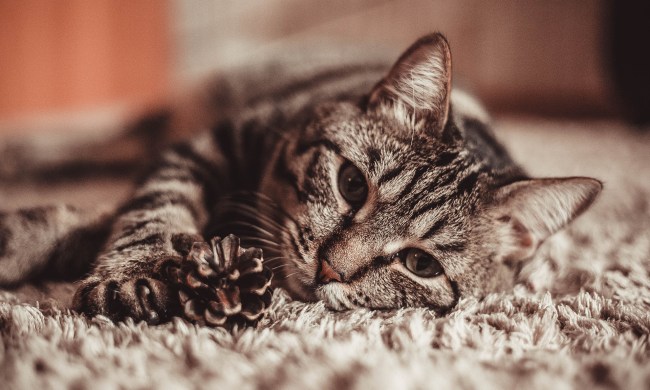As it turns out, man’s best friend has quite a lot in common with humans. Just like us, dogs can suffer from mental health conditions like anxiety and depression. According to the Centers for Disease Control and Prevention, “1 in 5 Americans will experience a mental illness in a given year.” With such staggering numbers, it’s easy to understand why the self-help industry is booming. But what about cats? Are our feline family members similarly affected by mental health issues?
While dogs are typically more expressive regarding their moods, cats can be more difficult to read. A dog suffering from depression may refuse to play with his favorite toy, but what behaviors can you expect from your feline friend? Do cats suffer from depression and anxiety the way some dogs do? We’ll take a deep dive into the world of cat mental health, so we can answer the question once and for all.
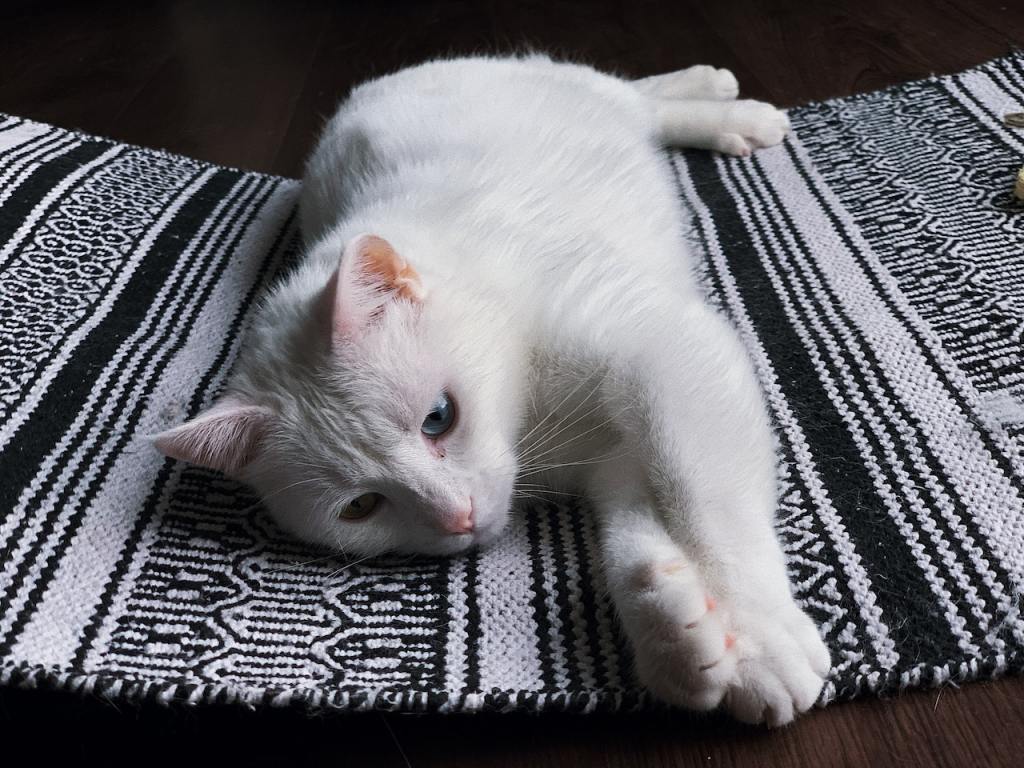
Can cats have mental illnesses?
In her 2014 book “Animal Madness,” Dr. Laurel Braitman writes, “There is not a branch of veterinary science, ethology (the science of animal behavior), neuroscience, or wildlife ecology dedicated to investigating whether animals can be mentally ill.” While we can’t read our cat’s mind, we can use their typical behavior to gauge sudden personality changes that might ring a few alarm bells.
Two commonly diagnosed mental issues in cats are obsessive-compulsive disorder — often abbreviated as OCD — and cat anxiety. In cases of OCD, you may notice your cat excessively grooming the same location on her body, which can lead to redness, swelling, skin irritation, and even hair loss. However, excessive grooming is also a symptom of anxiety, though anxiety is often accompanied by additional concerning behaviors, such as decreased appetite, incessant yowling, and even drooling.
Details are scant regarding exactly how many cats suffer from mental health issues, but the fact remains that your frisky feline can be affected by OCD, anxiety, or depression. In fact, it may surprise you to learn that cats can even have autism.
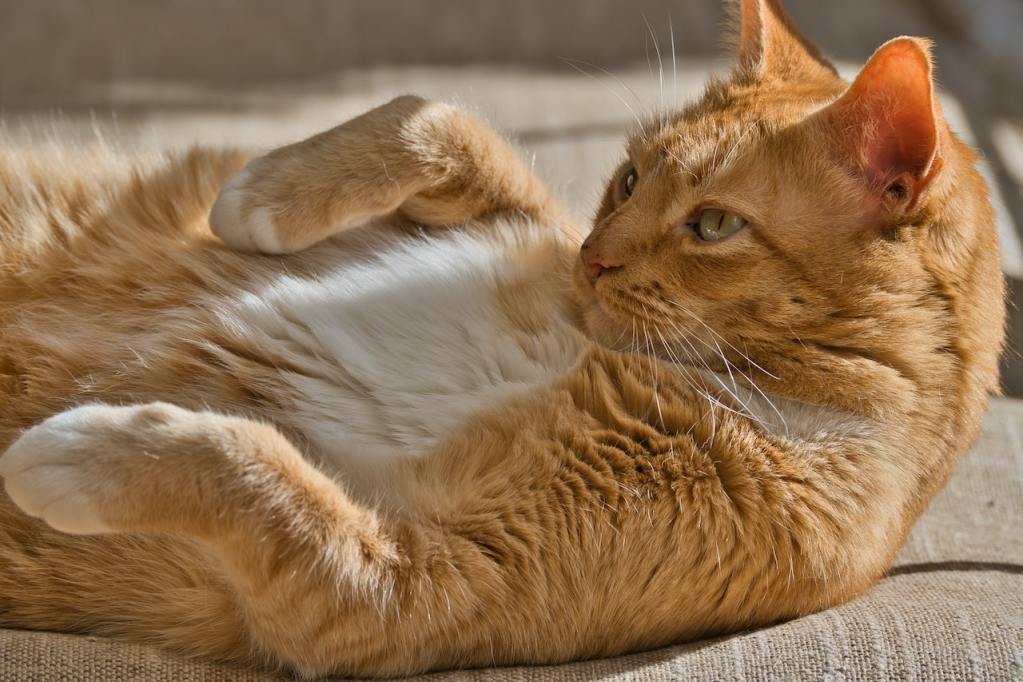
What causes mental health issues in cats?
Did you know that many mental health issues in humans are hereditary? Unlike us, our feline companions don’t develop mental health disorders due to genetic predisposition. Instead, cats may develop mental health problems because of traumatic external problems.
Household changes, such as losing a family member, having new addition (adopting a new pet, the birth of a child, or a new housemate) to the home, being rehomed, and even having her daily routine disrupted may all contribute to your cat’s mental health issues.
Accidents, illnesses, toxic substances, or infectious diseases may also be to blame for your cat’s symptoms, so it’s always a good idea to speak with your vet about your cat’s behavioral changes.
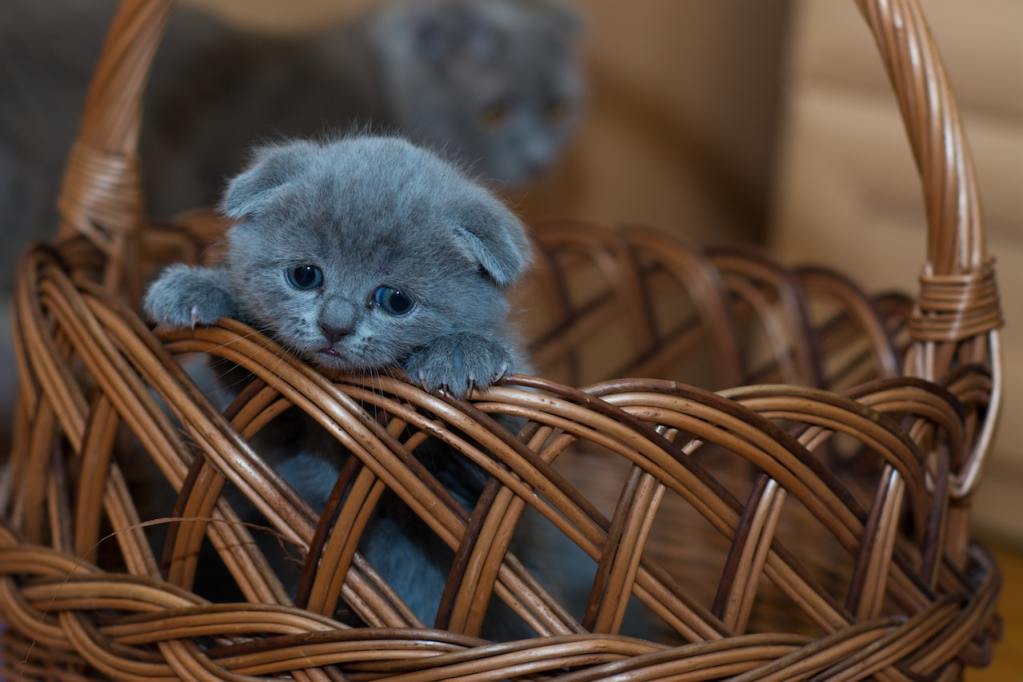
Symptoms of mental problems in cats
Here are a few symptoms you should look out for regarding your cat’s mental health.
Changes in body language
If your fur baby usually trots through the house like she owns the place, but is suddenly spending all her time under your bed — that is cause for alarm. However, not all changes in body language are as drastic. Look at the way your cat holds her ears and tail. Most cats tend to flatten their ears and tuck their tails between their legs when they feel anxious.
Unusual vocalizations
Is your cat meowing constantly all of a sudden? If a normally soft-spoken cat begins to sing the song of her people at all hours of the night, she’s not trying to annoy you. She’s trying to tell you that something is wrong. Cats also vocalize their discomfort when they’re ill or injured, so we recommend consulting a veterinarian.
Changes in appetite
While some cats are voracious eaters, others don’t eat all that much. If you notice sudden changes in your cat’s appetite, it’s time for a vet visit. Your cat may be skipping dinner because she has a toothache, but she could also be suffering from a mental health issue.
Destructive behaviors
If your cat claws up your ankles, shreds the arms of your sofa, or begins urinating and/or defecating outside the litter box, that’s a good indication that something is wrong. Kidney infections aren’t uncommon in cats, so having a few tests done to get to the root of the problem is always a good idea.
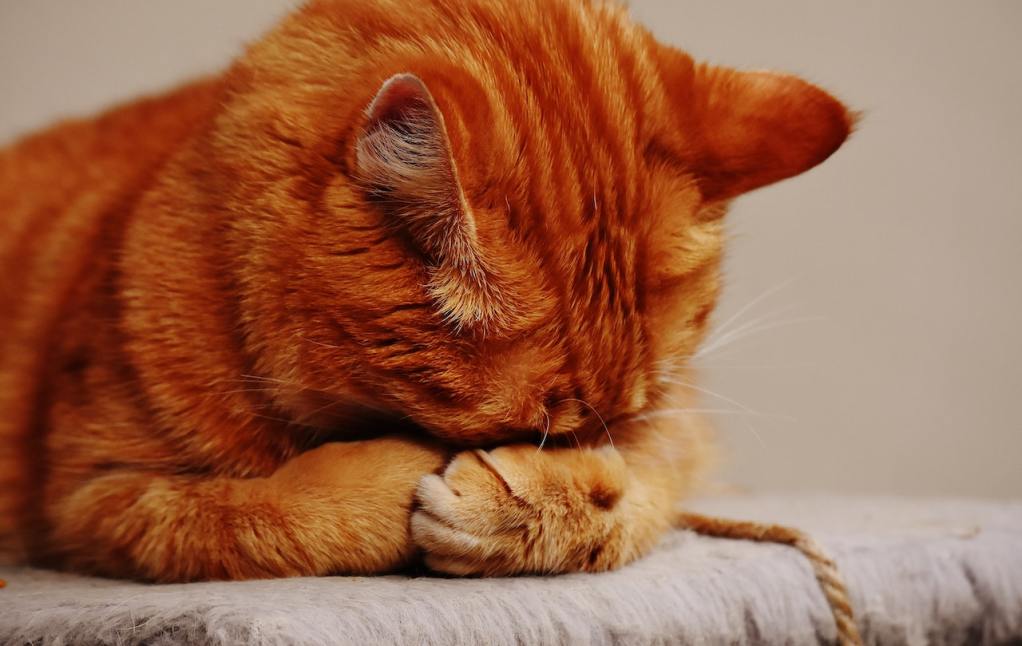
How to keep your cat mentally healthy
While some life events are beyond our control, that doesn’t mean there aren’t steps we can take to help keep our cats as mentally healthy as possible. Just like dogs, cats can suffer from boredom, and they often become destructive when they have too much energy and too little to do. A high-quality cat tree, plenty of bonding time with their favorite human family members, and a variety of engaging toys can all provide your feline fur baby with much-needed mental stimulation.
As much as diet isn’t a cure-all, it does play a role in your cat’s mental health. Nutrient-dense foods with omega-3 fatty acids provide essential cognitive-boosting vitamins and minerals. Additionally, they can help prevent mental decline as your cat ages.
Your cat’s mental and physical health mean the world to you, so we recommend a cautious approach. If you notice a change in your cat’s appetite, behavior, or appearance, it’s not a bad idea to speak to your vet. When it comes to your fur baby, it’s always better to be safe than sorry.



